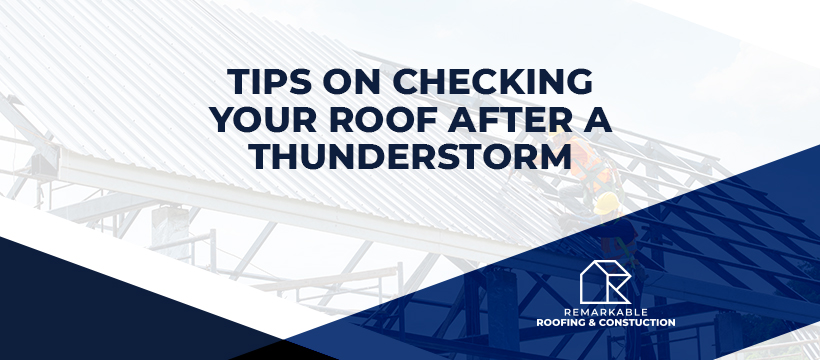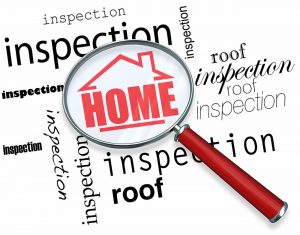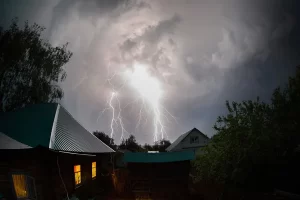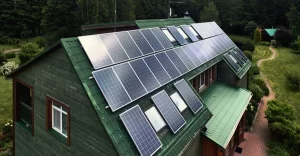Your heart sinks, and your mind races after having a thunderstorm hit and damages your own home. What should you do? Are you able to resolve anything at all oneself? In the event, you begin phoning building contractors? Help!
We talked with State Farm spokesman Dave Phillips who walked us through the essentials of homeowner’s insurance policy and thunderstorm damage.
Step One: Measure the Harm, Take Photos
After the thunderstorm has passed and you go outdoors, get your camera or smartphone and begin taking photos and recording videos. Bear in mind: Be secure. Downed power lines and high water might be lethal, and it’s not well worth risking your life for images that can be taken with a later, more secure time.
Step Two: Cease the Bleeding
If water and wind are getting into the house, never remain around awaiting assistance. “You can certainly make temporary fixes,” mentioned Phillips. As an example, cover broken windows with plywood or a tarp.
Step Three: Preserve Statements, Stay Organized
Paperwork is vital in the world of homeowner’s insurance policy. Keeping organized can now relieve migraines and issues later. “Make likely to help save statements — they could be reimbursable,” mentioned Phillips.
Step Four: Phone Your Insurance Carrier Soon and Frequently
“Get in touch with your insurance professional or insurance company at the earliest opportunity,” suggests Phillips. And it’s significant to stay in getting in touch to avoid possible cons. Disreputable building contractors may appear unannounced on your front door, encouraging you to repair things. “Have a chat together with your insurance company before any effort is completed. Usually, your insurance company will explain who’s arriving and when. Get anything you can in writing.” Be familiar with these cons and report suspicious activity to the National Insurance Crime Bureau, NICB.org.
Exactly What Is and Isn’t Covered
Your homeowner’s insurance policies will take care of three areas: Weather damage (hail, wind, fire, snow, and so on.), non-weather related (robbery, wanton damage, and so on.), and unexpected/accidental situations (water pipe breaks). “Acts of God are covered,” mentioned Phillips. “But you can find exclusions. The biggest exception is flood damage. Over the board, no matter what company, flood damage will not be covered. The homeowner’s policy includes you for the flood.” If you are considering flood insurance coverage, visit the national flood insurance program, FloodSmart.Gov.
Do Your Homework to produce Your Own Home Work
Homeowner’s insurance policy doesn’t need to be frightening and complicated. Knowing the essentials of the plan and realizing what you can do after your home is damaged can certainly make recovery less painful. For additional info on homeowner’s insurance policy, check out State Farm Insurance or use our Find a Pro tool to discover building contractors in your neighborhood. Check out our Learning Center for tips about using the services of our licensed contractor.
Need a roof specialist? Contact us for more information and avail our services now!







